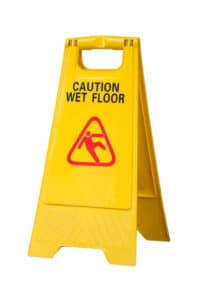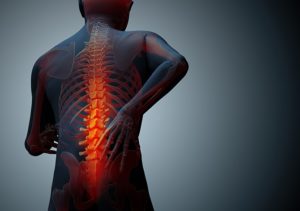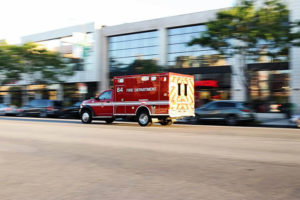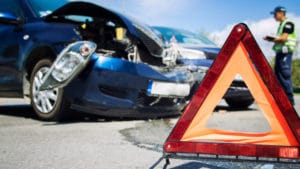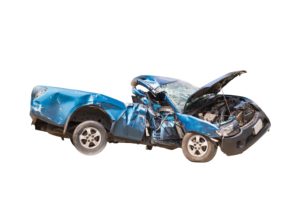What is a Declaration page?
Also called a Dec Page, this is the disclosure which your insurance company should send you twice a year, when the policy is renewed, which declares what coverages you are carrying and what the limits of liability are for each coverage. The Dec Page is broken down into sections showing:
Liability Coverage, divided between Bodily Injury and Property Damage
Liability Insurance covers items from an accident for which it is determined that you are liable. In other words, the damage to someone else’s property, or health costs due to an injury to another person involved in the accident, are expenses from which your liability coverage protects you. Bodily Injury covers the medical expenses associated with an accident that you caused, or are found liable for, and Property Damage coverage is used to pay repairs to property which was damaged as the result of an accident you caused, or for which you are found liable.
This coverage is important because it protects you from the costs of paying these expenses out of pocket. This is usually considered the most important coverage provided by your insurance policy. The coverage limits of liability are usually stated as 25/50/40 which means insurance will pay up to $25,000 for injury or death of any single person involved in an accident, up to $50,000 per accident divided between all parties who were injured or died, and up to $40,000 of property damage.
The state of Nevada requires that prior to driving a vehicle on public roads in Nevada that the driver must carry at least 15/30/10, which translates to $15,000 medical coverage for any individual injured in an accident, $30,000 medical coverage divided between all victims in that accident, and $10,000 for any property damage due to that accident.
Considering that an ER visit to a valley hospital, without being admitted to the hospital overnight, can cost nearly $10,000, the state minimums won’t cover much. Our lawyers recommend that you increase these coverages to whatever you can afford. Increasing the deductible on Collision/Comprehensive is a way to free premium dollars to apply towards increasing liability coverage.
Medical Payments coverage or MedPay
Medical Payments coverage pays you, your passengers’, or family members’ medical expenses associated with a particular accident, regardless of any finding of liability, or no matter who is at fault. This coverage will also pay co-payments if you already have health insurance that will cover your medical treatment due to an accident. This coverage usually pays up to a certain dollar amount which is disclosed on the Dec page.
Our attorneys recommend at least $5,000 coverage on this type of insurance, up to whatever you can afford. This is insurance that pays your medical bills regardless of a finding of liability against you. This insurance is reasonably priced and is a good buy.
Uninsured/UnderInsured Motorist coverage or UM/UIM
UM/UIM coverage protects you if you are involved in an accident caused by an uninsured motorist, that is a motorist who is carrying no liability insurance. This protection theoretically places you in the same position you would have been in if the driver that is liable for the accident had carried liability insurance. The limits of liability are the same on this coverage as the liability coverage. NV law will not allow purchase of a greater amount of UM/UIM, than liability coverage.
Our lawyers recommend that you opt for UM/UIM coverage. The price is reasonable compared to the coverage that you receive. This places you in a better position in case the person that hits you is uninsured.
Physical Damage Coverages or Collision and Comprehensive
This coverage is usually divided into Collision Coverage and Comprehensive Coverage.
Collision coverage will pay car repairs due to a collision between vehicles and will pay to repair your vehicle if it was damaged in an accident, regardless of who is found liable.
Comprehensive coverage protects against other damage to your vehicle not caused by a collision, such as theft, hail damage, falling objects, fire, flood, or vandalism.
There is usually a deductible associated with these coverages, which means that for any claim against this part of your policy you will pay the deductible out of pocket, and the insurance will pay the remainder. If you were not found liable for the accident, your deductible may be paid by the liable party’s insurance.
Our attorneys recommend that you put as much of your insurance dollar into liability coverage as possible. Raising the deductible on Collision/Comprehensive coverage will reduce the cost of these coverages, which can then be applied toward purchasing a greater amount of the liability coverage. Our lawyers recommend at least 50/100 for liability coverage, up to whatever you can afford.




















